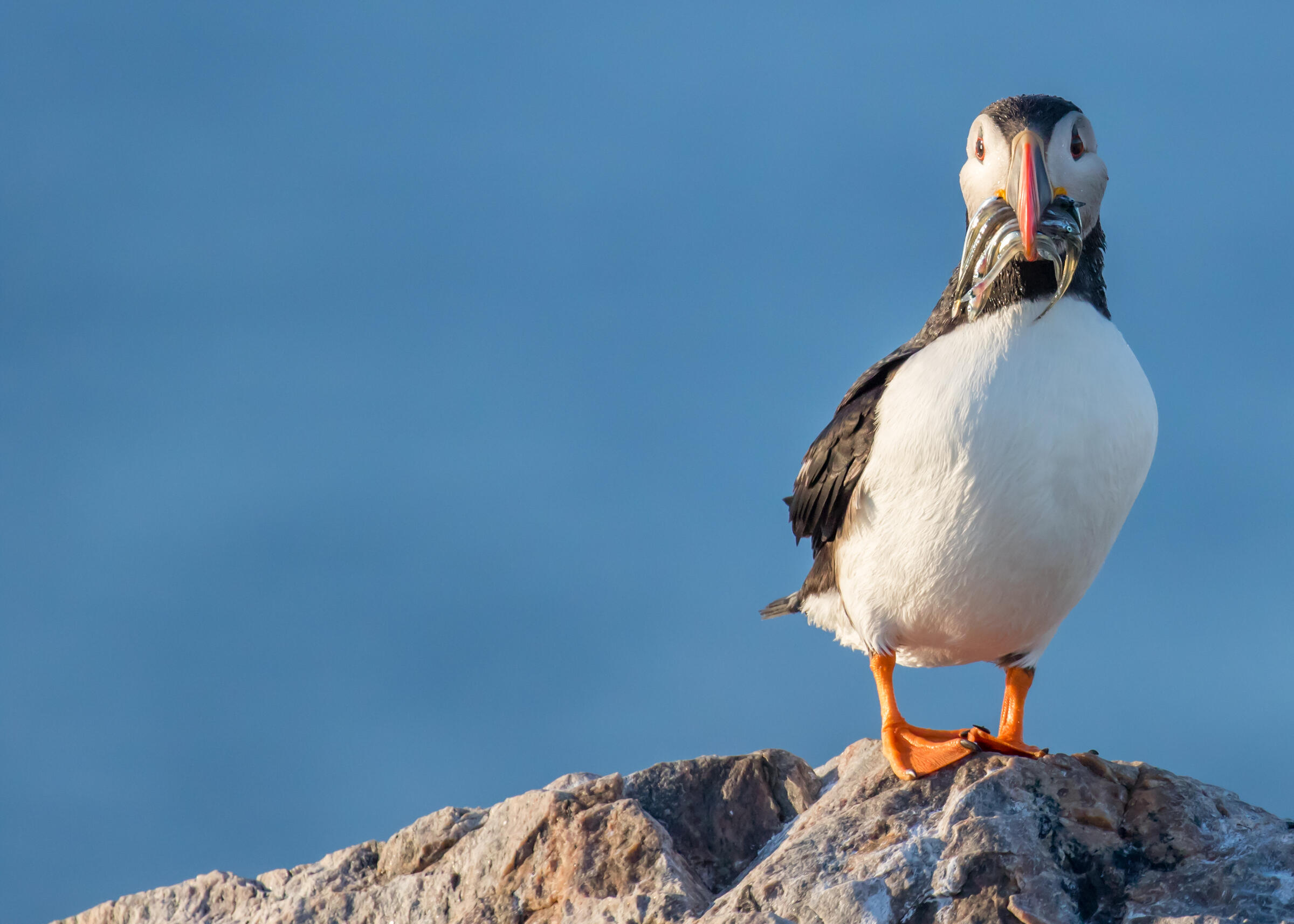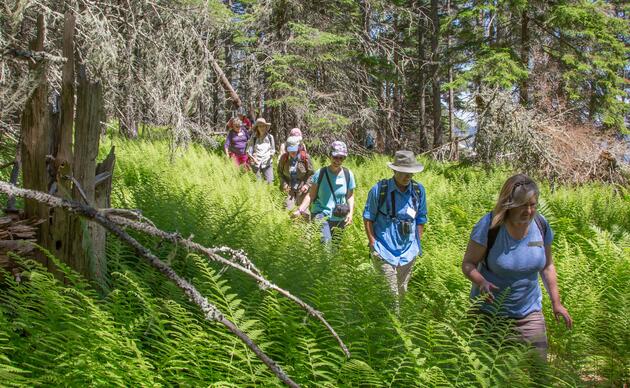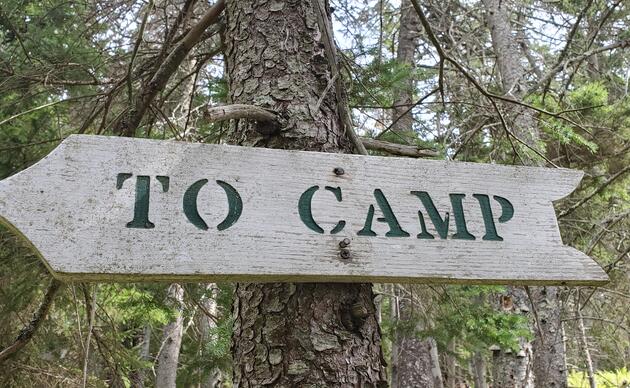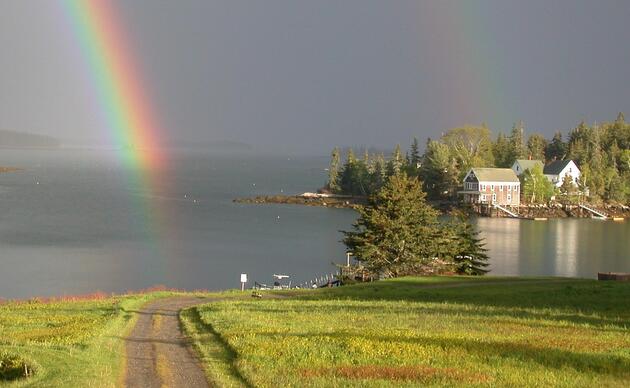Welcome to Puffin Islands Online! These seven presentations are a window into the lives of seabirds by four leading seabird biologists. Each presentation is based on their own special research and deep knowledge of their subject. This unique course also includes four live webinars with the instructors. Participants may view presentations at their convenience and as many times as desired without an expiration date. The suggested readings for each presentation permit a “deep dive” to better understand the remarkable lives of these special birds.
Project Puffin - Steve Kress
Project Puffin’s founder recounts how he conceived the innovative plan to bring puffins back to Egg Rock in 1973, and shares the rationale for starting the project along with some of the challenges and highlights. (20 minutes)
Download the Supplemental Reading Materials.
Saving Seabirds: Lessons Learned from Puffins and Terns - Steve Kress
Restoration methods developed for puffins have inspired a worldwide movement to restore rare and endangered seabirds. Seabirds also offer new insights into climate change and fisheries management. (24 minutes)
Download the Supplemental Reading Materials.
Seabird Senses – Dr. Don Lyons
Seabirds sense their world through remarkable use of sight, smell, and memory. Learn how these senses help seabirds navigate the oceans, and find food, mates, and nesting places. (37 minutes)
Download the Supplemental Reading Materials.
Adaptations for Life at Sea – Dr. Annette Fayet
Discover seabirds’ amazing ability to waterproof themselves, separate salt from water, locate and catch food. (21 minutes)
Download the Supplemental Reading Materials.
Seabird Family Life – Dr. Annette Fayet
Learn about seabird mate selection, courtship and pair bonds and how clutch size, incubation, chick rearing, and foraging habits affect nesting success. (22 minutes)
Download the Supplemental Reading Materials.
Puffin Migration – Dr. Annette Fayet
Seabirds spend most of their lives at sea and travel over how she studies seabird vast oceans. Until recently, puffin migration was a complete mystery. The discoveries are more surprising than anything research imagined. (24 minutes)
Download the Supplemental Reading Materials.
Tufted Puffins – Dr. John Piatt
Tufted Puffins face conservation challenges through much of their wide Pacific Ocean range. Learn about their lives in the heart of their range, the magnificent Aleutian Islands of Alaska. (35 minutes)
Download the Supplemental Reading Materials.
Live Q & A webinars - All Presentations were held over Zoom on Tuesday nights in September in 2020. The recorded videos can be watched below:
Live Q&A with Stephen Kress on September 1, 2020
Live Q&A with Don Lyons on September 8, 2020.
Live Q&A with Annette Fayet on September 15, 2020.
Live Q&A with John Piatt on September 22, 2020.
Meet the Instructors:
Annette Fayet, Ph.D.
Annette Fayet is a junior research fellow at the University of Oxford (UK), and a National Geographic Explorer. She grew up in France where she studied engineering, before moving to England where she received her M.Sc. and Ph.D. in biology at the University of Oxford. Her research focuses on the ecology of seabirds and their migratory behavior, using miniature tracking devices. She works on UK breeding seabirds (particularly Atlantic Puffins), as well as other species in the Indian and Pacific Oceans. Dr. Fayet looks for conservation implications in her research and collaborates with other researchers to help inform conservation decisions such as the location of marine protected areas.
Steve Kress, Ph.D.
Steve Kress is the founder of National Audubon Society’s Project Puffin. He previously served as vice-president for bird conservation at the National Audubon Society and director of the Hog Island Audubon Camp. His career has focused on developing techniques for managing colonial nesting seabirds. Hundreds of professional seabird biologists can trace their first interest in seabirds to internships with Project Puffin and many innovative seabird conservation methods that he developed in Maine are now standard practice worldwide. Dr. Kress received his Ph.D. from Cornell University and his Master’s and undergraduate degrees from Ohio State University. He has authored numerous books on bird watching and gardening for birds, as well as science papers about seabirds. He is co-author with Derrick Z. Jackson of ‘Project Puffin: The Improbable Quest to Bring a Beloved Seabird Back to Egg Rock’ (Yale University Press, 2015) and ‘The Puffin Plan’ for younger readers (Tumblehome Books 2020).
Don Lyons, Ph.D.
Don Lyons is director of conservation science for National Audubon's Seabird Institute. He has participated in seabird science and conservation for 20 years as a graduate student, post-doc, and assistant professor in the Department of Fisheries and Wildlife at Oregon State University. His interests include restoring seabird colonies using social attraction and understanding the relationship between seabirds and forage fish. His background as an electrical engineer and seabird biologist informs his research on tracking seabird foraging, dispersal, and migration, and assessing the impact of climate change on seabird breeding success and population resiliency. He has investigated the steep decline of Aleutian Terns in Alaska, assisted the program to restore the critically endangered Chinese Crested Tern in Asia, and resolve conflicts stemming from Caspian Terns’ consumption of threatened salmon in the Pacific Northwest.
Dr. Lyons currently gives presentations throughout the summer season at the Hog Island Audubon Camp, instructors at the Saving Seabirds session and directs the Puffins Islands session.
John Piatt, Ph.D.
John Piatt got hooked on seabirds in the 1970s while camping near a large puffin colony in Witless Bay, Newfoundland. Following stints as a naturalist at Cape St. Mary’s gannet colony, and surveying birds and whales off the coasts of Labrador and Baffin Island, he returned to Newfoundland to study the ecological relationships between capelin, cod, seabirds, and whales for his Ph.D. at Newfoundland’s Memorial University. Lured to Alaska in 1987 to study auklets in the Bering Sea, Dr. Piatt is now a senior research scientist at the USGS Alaska Science Center, and an affiliate professor at the University of Washington. His conservation-oriented research has included studies on the impacts of gill-net bycatch, algal biotoxins, plastic consumption, and oil pollution on seabirds. His research focuses on the overarching role of ocean climate in regulating the abundance and quality of the forage fish that support seabird populations.
Extras
- Download Certificate of Completion
- Bonus Puffin Zoom Background
- Bonus Razorbill Zoom Background
- Bonus Arctic Tern Zoom Background - NEW
Videos by Hudson Media Empire
©2020 National Audubon Society
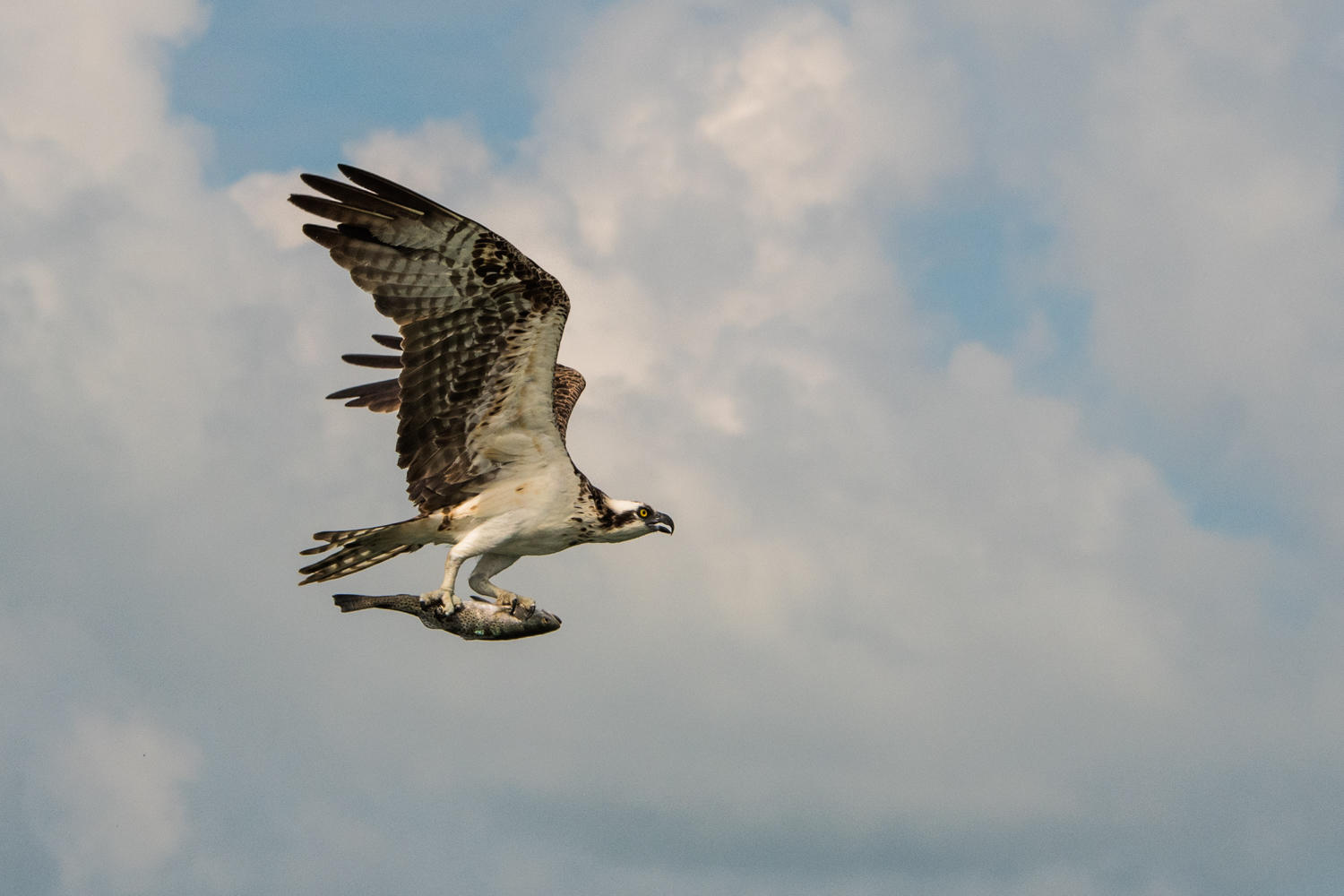
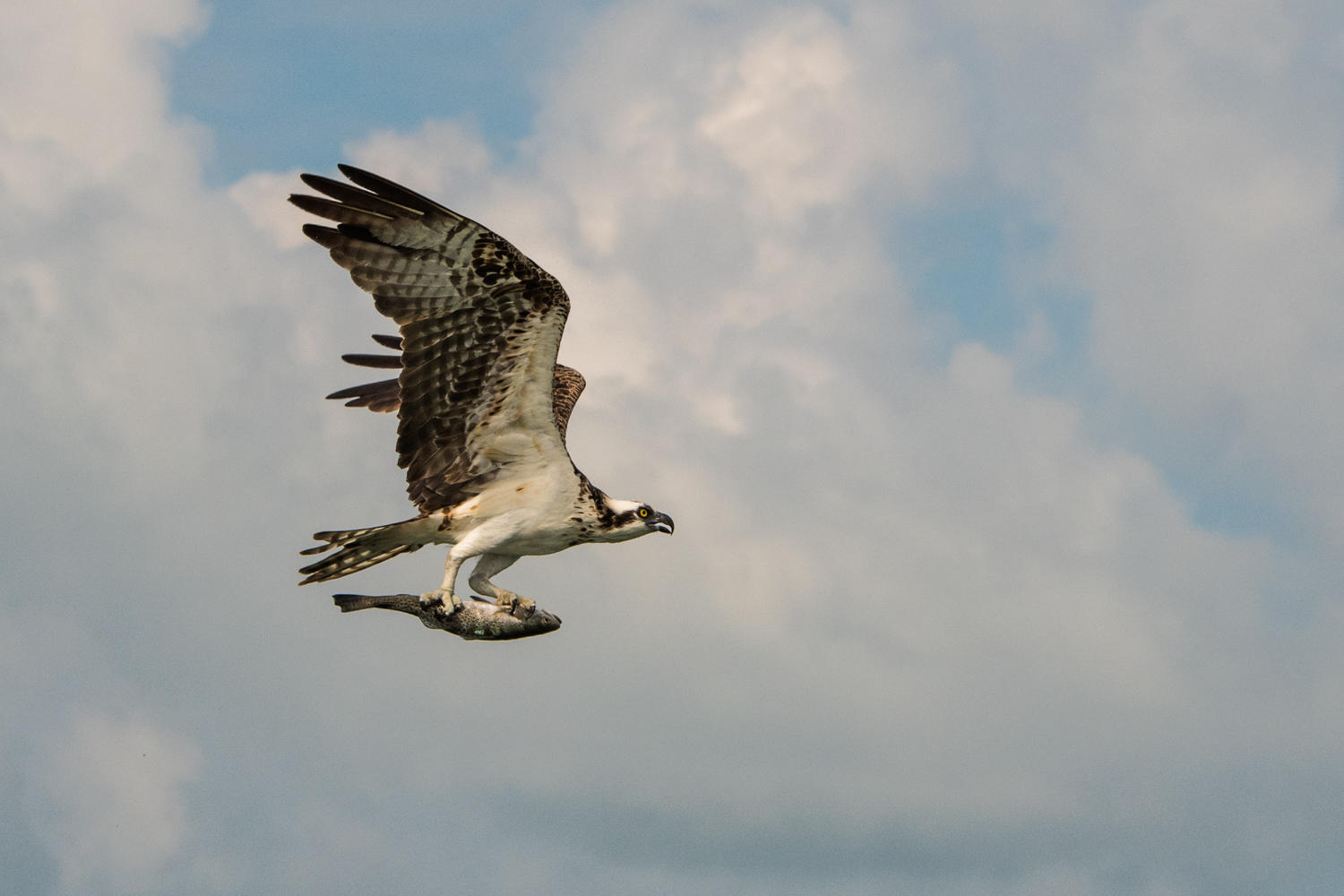
Frequently Asked Questions: Online Programs
Answers to common questions about our online programs.

